An Overview of Oxygen Deprivation
Oxygen Deprivation Symptoms
The typical oxygen concentration in a human’s blood hovers around 96%, and serious physical manifestations can occur whenever that percentage drops significantly. Some common symptoms of oxygen deprivation include digestive difficulty, memory loss, excess stomach acid, poor circulation, lightheadedness, muscular pain, and fatigue.
Anyone experiencing symptoms such as those listed above should consult with a physician as soon as possible because only a doctor can assess how severe an occurrence of oxygen deficiency truly is. It is also likely that a medical professional will work to determine the reason for the deficit to control the situation.
View our “Why We Become Oxygen Deficient” video for more information.
Causes of Oxygen Deficiency
Oxygen deficiency can result from a whole host of triggers. Heart and lung disease are among the most common causes of this type of problem, though excessive consumption of alcohol and cigarette smoking are also key contributors in many instances. The oxygen deficiency that can result from being present in high-altitude locations is less common but still quite serious.
Often overlooked, however, are what should be the most apparent reasons for oxygen deficiency, namely the quality of food eaten and the quality of the air breathed daily. Because of air pollution and increased industrialization, the available amount of oxygen in the environment has decreased in recent decades. Scientists have records showing recorded oxygen levels during prehistoric times at around 38%. Scientists have estimated pre-Industrial Revolution oxygen levels to have been in the area of 32%. The turn of the twentieth century saw oxygen levels fall to roughly 24%. Nowadays, the estimate of oxygen in the air is between 19 and 21%, though the actual number could be lower in highly populated, industrialized areas.
It is important to note that human life is unsustainable at oxygen levels beneath 7%. Sadly, such a circumstance is entirely possible if the destruction of global oxygen sources like rainforests and ocean plankton fields continues unabated. There is no denying the fact that humans need oxygen. That is the plain and simple truth. However, breathing ambient air alone may not be sufficient to perpetuate human life over the long term. Though many people may be unaware of humans’ serious threat to perpetual existence, it is possible to generate increased awareness through education.
Oxygen Deficiency and Diet
Dietary choices also play a substantial role in the ever-decreasing availability of oxygen in the blood of countless individuals. Though they may be tasty and convenient, highly processed food items are known for containing significant amounts of sugar and saturated fat. Further, they have insufficient amounts of critical enzymes, water, fiber, and oxygen. Thus, people need to pay close attention to their diet to remain conscientious about maintaining an adequate oxygen supply.

-
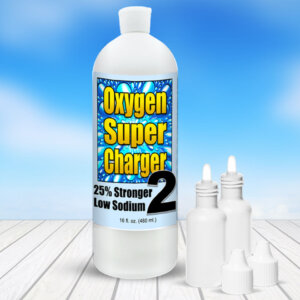
Ultra Strength OxygenSuperCharger2, 25% Stronger, 16–Ounce Bottle
$119.97 Add to cart -
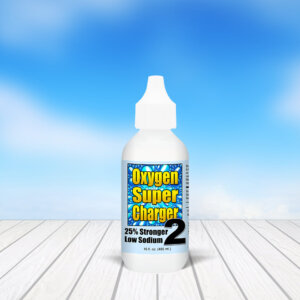
Ultra Strength OxygenSuperCharger2, 25% Stronger, 2–Ounce (Sample Size)
$35.97 Add to cart -
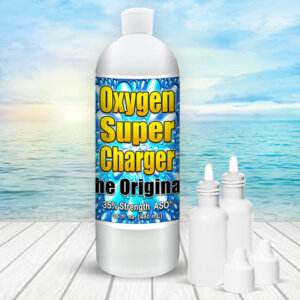
Original 35% Strength OxygenSuperCharger, 16–Ounce Bottle
$96.97 Add to cart -
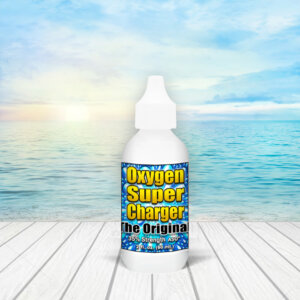
Original 35% Strength OxygenSuperCharger, 2–Ounce (Sample Size)
$27.97 Add to cart -

MineralSuperCharger, Premium Multi-Mineral Supplement, 32-Ounce Quart
$98.97 Add to cart -
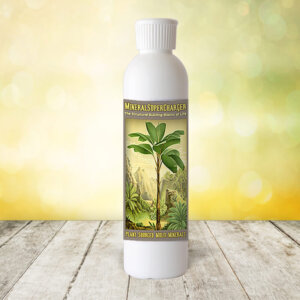
MineralSuperCharger, Premium Multi-Mineral Supplement, 8-Ounce (Sample Size)
$29.97 Add to cart -

Zinc – Plant-Sourced Mineral Concentrate, 16-ounce
$24.97 Add to cart -

O4 Nasal Spray with Zinc
$14.97 Add to cart







